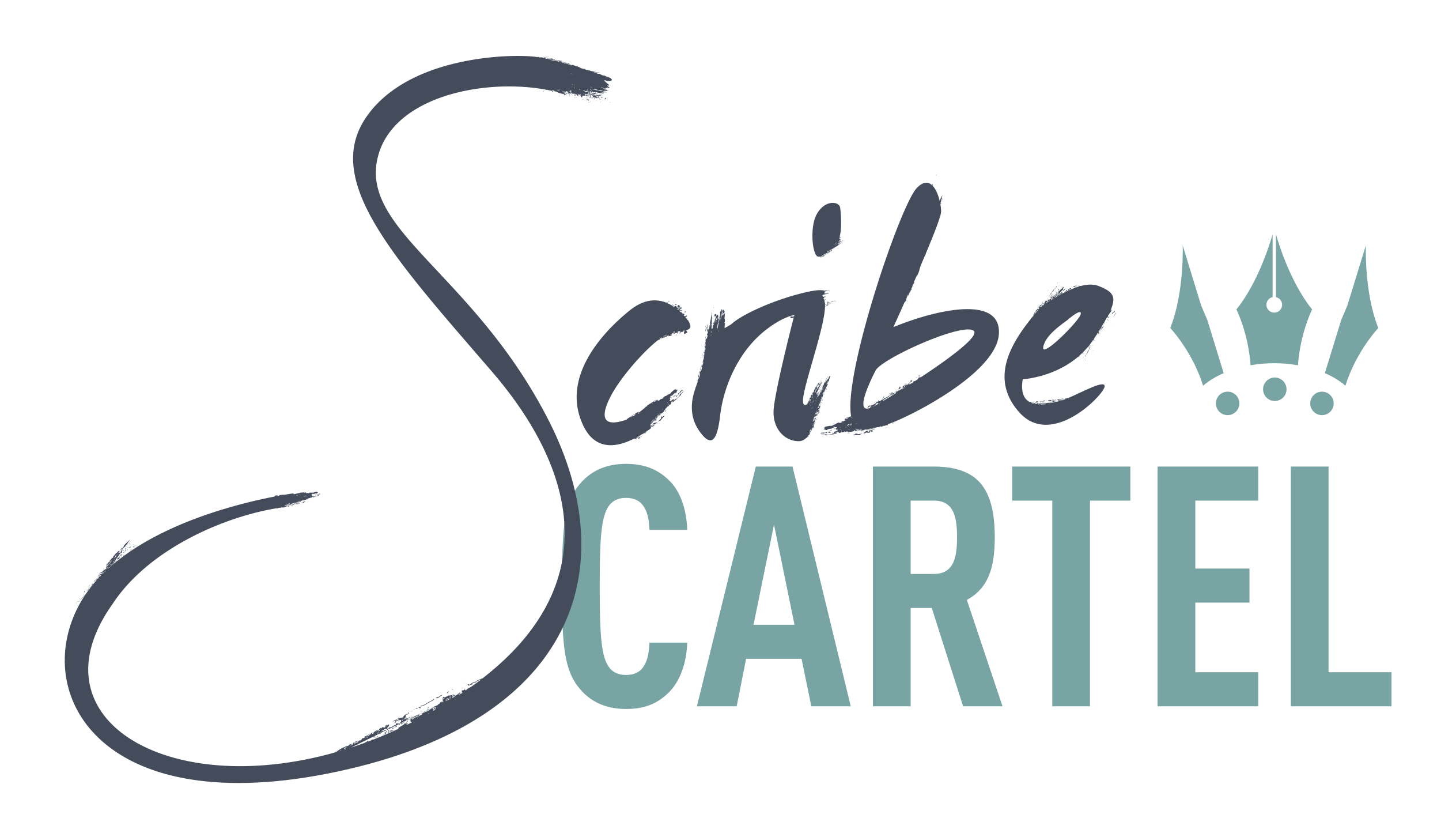The next generation of AI writing is here, and the content creator world really talking this time. Will it make writers obsolete? Is this the beginning of a sci-fi movie-style takeover of humanity? What does it mean for plagiarism?
Much of the discussion leverages the fear surrounding the incoming and subsequent improvements of this tech, thinking that it’s getting closer to human intelligence. Forbes covered the differences from over three years ago.
“To think that they “think” and “learn” in the same way as humans would be incorrect…. it would be a mistake to say that these algorithms recreate human intelligence”, David Watson of the Oxford Internet Institute and the Alan Touring Institute.
AI will make writers obsolete.
When AI writing first emerged, I was fearful of being done out of a job, but I don’t see it as a threat even with the recent advancements. I’m trying to be open in understanding them better so I can choose which ones to use, if any, and if so, how to make them work for me. Or as The Marketing Sharuf proposes, ‘don’t f*ck ai, make it your bitch’. Ha! Frank and to the point. I like it.
Many of these tools are free, making the user the product. In terms of open source, we’re also the producers of the content that feed the algorithm this tech derives from.
“Artificial Intelligence (AI) and machine learning models require access to high-quality training data in order to learn”. When I asked ChatGPT for its downsides, one of its responses was:
ChatGPT’s responses are only as good as the training data it’s been provided with. ChatGPT’s responses may also be biased or inaccurate if the training data is biased or inaccurate.
If we want it to write accurate, relevant content for us, we need to create more high-quality and truthful content for it to learn from.
Writing is thinking, and thinking is powerful.
Writing is formalised thinking, as Jordan B Peterson says. We never want to take for granted or stop honing our ability to think (as anyone who watched a loved one’s mind deteriorate from Alzheimer’s or dementia can relate to).
JBP goes on:
“If you sharpen your capacity to think and to communicate as a consequence of writing, you are better armed. The pen is mightier than the sword, as the saying goes. This is no cheap cliché. Ideas change the world, particularly when they are written. The Romans built buildings, and the Romans and the buildings are both gone.
The Jews wrote a book, and they are still here, and so is the book. So it turns out that words may well last longer than stone, and have more impact than whole empires”.
Opinions vary also. Run the same piece through two or three different programs and see what they detect. No matter how meticulous one’s writing, someone out there will think it’s trash and get joy in pointing out why. Maybe they’re right. Others will think it’s relatable and damn good. Write it and publish it anyway. Unless you create something particularly prolific, the chances of it still being around in a few hundred years are slim.
Minds, machines and mentality
Humans always choose whether or not any tools (or any THING for that matter) have authority over us. To entrust or empower a technology to intervene on our behalf does not free us of responsibility. We also choose when and whether to opt-in and can opt out whenever we want. It’s not mandatory to embrace new technology. Air fryers, smart watches and blower-vacs aren’t necessary for human survival.
If you don’t know how to write to support and grow your business, you are obligated to enhance this knowledge gap. There’s never been a more convenient time to learn and find ease in creating great writing without ever setting foot in a university (and at a tenth of the cost). Much of it comes down to a diminished sense of self and confidence using our voice, but that’s a story for another time.
Machine learning models can’t fully understand the context of a conversation in the same way a human does. Responses may be irrelevant and not fully address the user’s needs. User frustration and confusion will be experienced; you can easily spot their difficulty with complex or out-of-scope topics as it hasn’t been trained in.
Shakespeare created something like 1700 new words for the English language allegedly. We can expect language evolution will slow and eventually cease if we rely too much on AI.
It’s so much bigger than this, though.
“Let’s say we accept that these technologies are a kind of inevitable future, I think we’re also then ceding ground to the fact that a handful of tech companies, would essentially have tremendous and unjustifiable control and power over societies and over people’s lives, and over how eventually – and I don’t think this is hyperbolic to say – even the autonomy we have to think, given just how much algorithms are shaping our information flows and so many aspects of our lives”. Amba Kak, Executive Director of AI Now.
Once men turned their thinking over to machines in the hope it would set them free. But it only permitted the men with the machines to further enslave them, Frank Herbert, Dune.
Writing is art.
I’m not opposed to AI writing tools. Grammarly is my saviour for spell checks and grammar fixes. Despite the settings, the tone isn’t always on point and its sentence rewrites can be a hindrance rather than a help. Getting the nuts and bolts in and finding and developing better ways to write is why I love writing and always have. When it’s finished I can say, I created that, and I’m (ideally) proud of it. How can we “tell” a technology to create transformative art?
AI tools can only partially capture the essence of style and tone. Grammarly often pulls me up for hard-to-read sentences, even for a knowledgeable audience. Sometimes it’s right. But if I take its suggestions, it doesn’t sound like me or the brand I’m writing for. It flattens nuance and the spirit of the writing for brevity’s sake to accommodate people’s short attention spans and impatience for long content. It doesn’t recognise that each writing style is unique, that when punctuated right (which the tools don’t always “get”), to give the words a tempo to dance with in front of a reader’s — an actual person who will be reading it — eye.
I could go on (and on, trust me)
Make it work for you with things like chatbot performance, product descriptions and content production efficiency, and consider the potential downsides and limitations of the model before implementing it in a production environment.
“I am still committed to the idea that the ability to think for oneself depends on one’s mastery of language” Joan Didion.
Want to write like this?
Interested in writing thoughtful, informative blogs over short social media content that will get people to your website to book you, but you aren’t sure where to start? Download The Blogging Breakthrough: A guide for holistic health practitioners to brainstorm, research, structure, and write standout blogs as core content.



